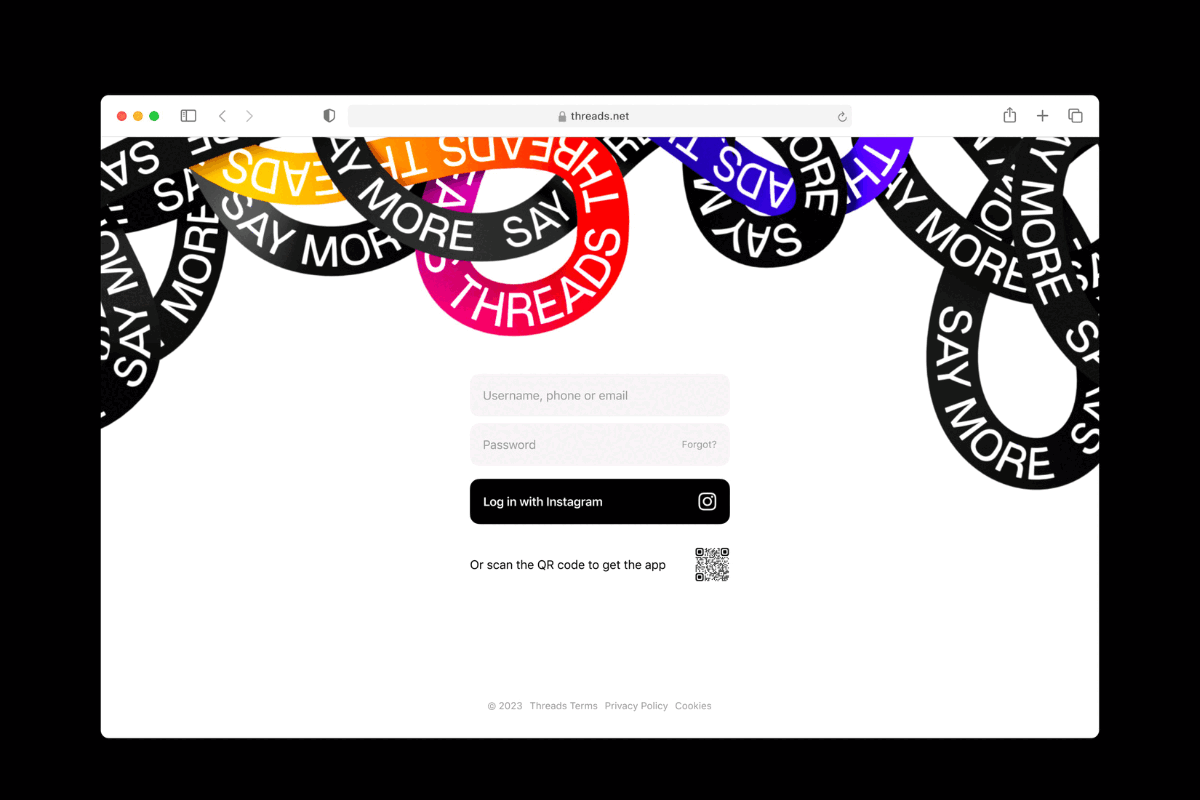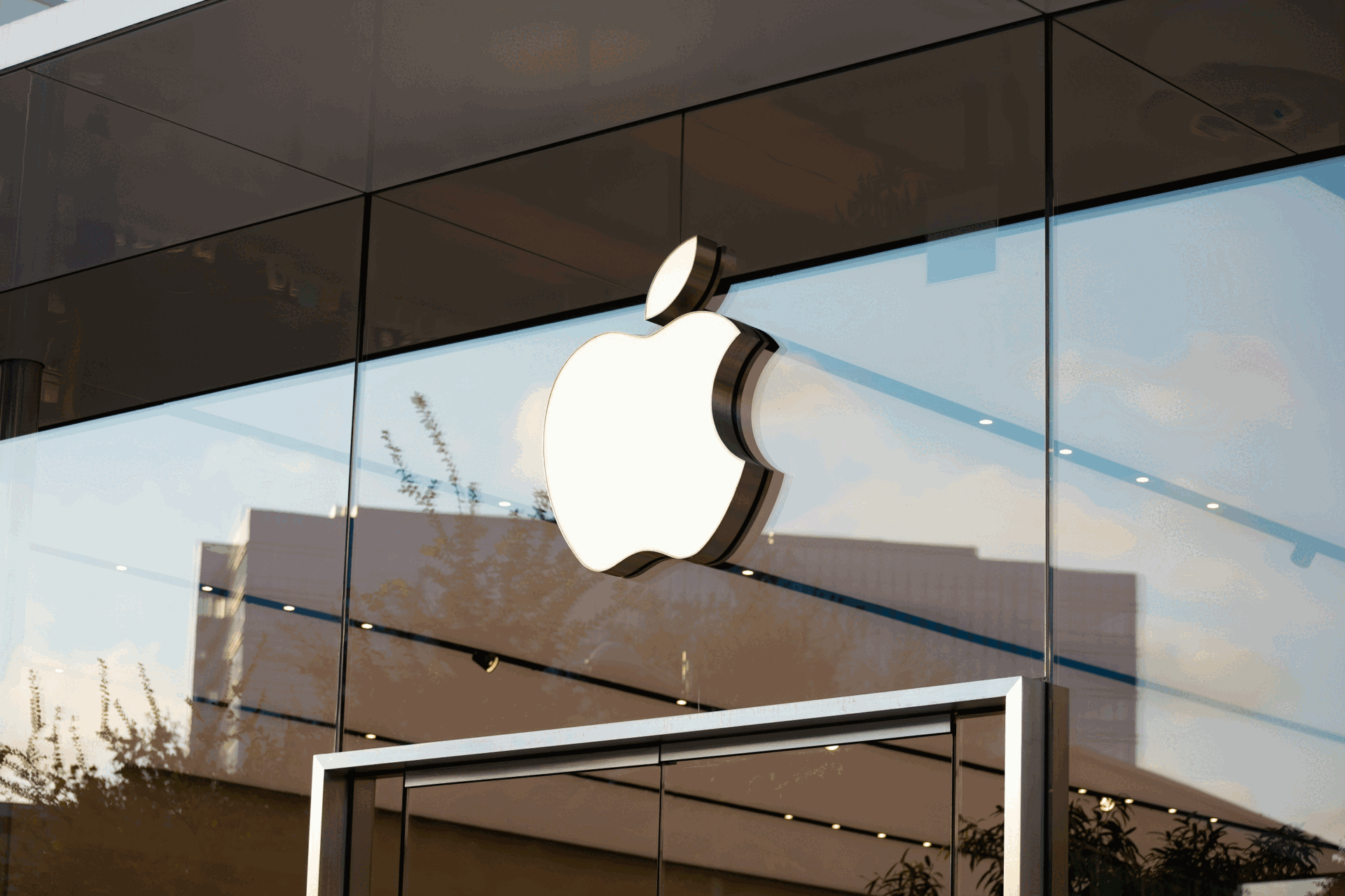 It only arrived in the UK this morning, but its already dividing opinions. Read on to find out what the industry thinks of Apple Pay…
It only arrived in the UK this morning, but its already dividing opinions. Read on to find out what the industry thinks of Apple Pay…
Eden Zoller, principal analyst, consumer, Ovum
“Lack of P2P functionality weakens Apples hand”
“On the plus side, Apple Pay will launch with backing from 8 UK banks and a clutch of big name high street brands along with the Transport for London network. The UK is an important market for Apple because level of contactless penetration in cards and accepting terminals far exceeds that of the US.
“Apple’s progress in the UK will be keenly watched across the rest of the world and particularly closely in markets like Australia, which likewise has a highly developed contactless infrastructure. But displacing contactless cards in favour of NFC mobile payments will be more of a challenge. NFC payments have been available in the UK for some time but have yet to gain significant traction with consumers. Apple no doubt wants to change this and Apple Pay does provide a slick user experience, while iPhone 6 sales are doing well in the UK.
“However, the main driver for mobile payments in the UK is not NFC proximity payments but person to person (P2P) mobile money transfers, and at the moment at least Apple Pay has no direct P2P functionality. This is an omission that will weaken Apple’s hand in the UK. All the major UK banks and building societies support the P2P mobile money transfer service Paym (2.5m users as of April 2015), while Barclays has a successful P2P transfer app of its own with Pingit (3.7m downloads as of February 2015).
“Barclays is also one of several UK banks that backs Zapp, a platform that enables online payments via existing mobile banking apps, and that has partnerships with leading online payment gateways such as WorldPay. Barclays Pingit will support Zapp’s ‘Pay by Bank’ functionality from October. Apple Pay likewise supports online payments and has partnered with major online payment gateways such as Braintree, but Apple it has yet to reveal how well this functionality has been received by merchants or consumers.”
Dennis Jones, CEO, Judo Payments
“The end of chip and pin?”
“Apple Pay has already transformed mobile payments for businesses in the US and the UK launch gives consumers here the ability to get what they want, when they want it. We expect adoption rates to be much higher in the UK given the existing contactless infrastructure to support its use. In addition to NFC payments, Apple Pay will also transform in-app purchases making them even quicker and more seamless. The arrival of Apple Pay could even see the eventual demise of chip-and-pin terminals, as merchants look to reduce their hardware costs and focus on in-app payments. Given the ease of paying in-app via Apple Pay, that future is not far away.
“Research shows nearly seven in 10 consumers abandon the online checkout process due to poor checkout design and a slow checkout process. The ease of Apple Pay will see that figure fall dramatically. Apple Pay’s TouchID authentication simplifies other methods of payments authentication and it’s arguably even more secure. We’re witnessing the beginning of a tidal wave of change in the way we pay for goods and services and taking another step towards a cashless and cardless future.”
Andrew Gilboy, VP EMEA, Demandware
“Education required”
“With Apple Pay, the tech titan has tapped into a retail truth: that convenience is king. For retailers, mobile payments offer the opportunity to combine Touch ID and NFC capabilities to accelerate the checkout process, boost store productivity and increase profits.
“From today, the proof will be in whether NFC will become the long-term de facto standard for payments. Any time there is change at the cash wrap process, or with the technology, education is required to ensure efficient checkout and reduce disruption.
“Once again, Apple is pulling an industry forward. The buzz alone will force retailers – and consumers – to take notice. I’m not willing to bet against them and the mousetrap they are building, but Apple Pay today is only a fraction of the potential for the future, as time-starved consumers increasingly rely on their smart devices for researching, browsing and purchasing.”
Pinar Ozcan, assistant professor of strategic management, Warwick Business School
“Lack of HSBC support rings alarm bells”
“Apple Pays launch is certainly good news for the UK, taking the country to the era of digital payments using the NFC technology. What has always been a struggle is for Apple Pay and the competitors to build a large enough ecosystem of merchants and bank partners in order to enable immediate adoption.
“While it is not clear why HSBC has decided not to support Apple Pays UK launch, it certainly rings alarm bells as consumers often have a now or never approach to new technologies, easily deciding not to adopt for a long time if it is cumbersome to do so at the beginning.”
Danielle Levitas, SVP research & analysis, App Annie
“Apple has the ability to turn another sector on its head”
“The launch of Apple Pay has the potential to shake up the banking and payments industries. Compared to the rest of Europe, the UK is a leader in mobile banking. In Q1 2015 downloads of the top 10 retail banking apps in the United Kingdom were almost twice as high as those in France and three times as high as Germany. This success and proliferation in the UK shows there is an appetite for change in how people pay for goods and the increasingly important role of mobile.
“Apple is renowned for streamlining and popularising concepts, just think of its impact on MP3 players, digital music and media, smartphones and mobile apps. Although Apple Pay is not the first of its kind, the companys reach and ability to evangelise is central to driving mobile payments adoption. Apple doesnt need to have a monopoly in payments to drive change in consumer behaviour and retailer POS systems. Delivering a best in class service that is widely promoted, Apple has the ability to turn another sector on its head.”
Andreas Pouros, COO and co-founder, Greenlight
“If payments are to become truly ‘contactless’ the mobile barrier must be removed entirely”
“How we pay is fundamentally changing. Consumers are demanding faster, more convenient ways to pay on and offline. While Apple Pay will accelerate that change, it is little more than a footnote in the grand scheme of things. If payments are to become truly ‘contactless’ the mobile barrier must be removed entirely. Implanted microchips offer the most elegant solution, but remain too ‘sci-fi’ for most people. Biometric payments are more likely to gain mass acceptance in the short term and we are already seeing banks experiment with facial, fingerprint, and finger vein recognition. The question is will retailers and consumers be as fast to embrace these new ways to pay?”
James Davies, head of channel partnerships EMEA, xAd
“Apple Pay has the potential to bring new insights into shopper behaviour”
“The launch of Apple Pay means mCommerce will inevitably increase, because the service works in two situations, in-store and in-app. Apple Pay makes the latter much easier by reducing the number of hoops a person has to jump through to order a product on their mobile device especially when out and about. However, the in-store element is very significant. According to Deloitte, 88 per cent of UK retail transactions still happen in-store and Apple wants a slice of that action.
“As mobile devices continue to play an increasingly important role in people’s shopping habits, particularly in the context of purchases in bricks and mortar stores, manufactures and retailers need to find ways to take advantage of this. Apple Pay has the potential to bring some new insights into shopper behaviour which, when combined with techniques such as location targeted marketing, could result in more personalised and relevant offers and promotions for consumers.”
Emma Crowe, chief of client strategy, Somo
“We expect mobile payments to become a two horse race – Apple Pay versus Android Pay”
“I have no doubt that consumers in the UK will embrace Apple Pay. The UK is a far more mature payments market than the US, which will help fuel use of Apple Pay in the new market. Chip and PIN payment has been in the UK since 2006 and contactless payment since 2008. The UK is familiar with paying by waving at a terminal, and contactless spending tripled last year to £2.3bn. Therefore, Apple is entering a market that’s ripe for Apple Pay adoption.
“While Apple isn’t first to market, it is first to enable UK consumers to pay via their mobile (without the need for a sticker) through contactless terminals. As we’ve seen time and again, it takes Apple entering a market to produce a real, fluid, customer experience. Apple has the industry and consumer clout, the trust, reach and the right consumer base to make mobile payments a success. However, competition will still be fierce. The banking giant, Barclays, is preparing to take Apple head on with their suite of contactless payment tools – a sticker, a keyfob and a wristband.
“I’m certain we will see millions of consumers create Apple Pay accounts as soon as they can, curious to test it out. Contactless payment terminals are already in place, so for retailers, there’s very little, if any additional hardware needed to utilise Apple Pay. Although, they will need to look at their entire customer journey to ensure it is seamless and consistent across every touch point.
“The launch of Apple Pay (and Android Pay) is indicative of changes in consumer behaviour and the market as a whole. Consumers want to digitise their entire wallet by storing it on the cloud and on their mobile devices.
“Ultimately, we expect mobile payments to become a two horse race – Apple Pay versus Android Pay. There has been much talk from operators over the last decade about mobile payments, but no real, workable solutions. It will come down to which device you use – iOS or Android. You can bet that with Apple Pay’s launch, Android won’t be far behind.
“While we are talking about Apple, we cannot forget the Apple Watch. The payments wars will also be device led – how many consumers will be looking forward to paying via their Apple Watch? This could drive watch sales. Although, it won’t be long before we don’t even need a device for payments. Voice verification for transactions already exists.
Sameet Gupte, global head of BFS and managing dDirector for Europe, Virtusa
“The lines between banks, retailers and device manufacturers are becoming very blurred”
“We’ve already seen healthy uptake of Apple Pay in the US, with research showing that 40 per cent of iPhone 6 owners have used it at least once. I’d expect that it will be a similar story in the UK, with the potential for it to be even stronger; Apple Pay uses the same technology that contactless card readers do, so UK adoption could move faster than the US because the infrastructure is already in place to support it.
Apple Pay also has the added advantage of using tokenisation technology, making it a much more secure payment solution. Not only that, but it will also be supported by more than 70 per cent of the credit and debit cards in the UK – so it has really has the potential to shake up the industry and move mobile payments towards the mainstream.”
“One bank that hasn’t signed up though is Barclays, which looks set to take Apple head-on in the payments game. Barclays has announced that it is introducing its own innovative payment solution, the bPay wristband, which can also be used by customers of other banks. One thing is certain, that the lines between banks, retailers and device manufacturers are becoming very blurred, which makes the payments space an interesting one to watch. With the introduction of tech like bPay, the incoming Samsung Pay later in the year, and Google’s Wallet – the race to own the mobile payments space is certainly hotting up.”
Dan Wagner, CEO, Powa Technologies
“Apple Pay’s limitations mean it can only be seen as just another way to pay for things”
“The launch of Apple Pay shows that consumer demand for mobile payments is rising and it will continue to rise. However, the platform has some constraints as it is only available to iPhone 6 and Apple Watch users and it relies on Near Field Communication (NFC) technology. What shoppers really want is a ubiquitous solution which allows them to buy products anywhere, at any time, from a range of mediums, using any digital device.
“The decision to only use NFC also drastically reduces the scope of its usage for retailers as they have to support NFC terminals. Apple Pay doesn’t support online shopping either – once again limiting what consumers can use it for.
“Despite Apple being an instantly recognisable brand, Apple Pay’s limitations mean it can only be seen as just another way to pay for things. To stand out in an already crowded market, new entrants should provide more than just a payments service. Many retailers don’t see a benefit in Apple Pay because they want a solution that will help them create an omnichannel sales offering, engage better with their customers and understand their shopping habits.”
Neil Garner, CEO and founder, Proxama
“With Apple involved, you can almost guarantee larger and quicker consumer adoption”
“The launch of Apple Pay in the UK is excellent progress for NFC mobile payments. With a huge player like Apple behind the initiative, you can almost guarantee larger and quicker consumer adoption. UK consumers are already well accustomed to using contactless cards with an existing, well established PoS infrastructure, meaning adoption is predicted to be more successful than the US.
“What’s really interesting for brands and retailers is the introduction of loyalty into the newly-renamed Apple Wallet, offering the opportunity to incentivise incremental spending via smartphones. Combine the ability to pay via your smartphone with mobile proximity marketing solutions, such as BLE Beacons, then the scope to be able to influence consumer behaviour and purchasing decisions is huge. Mobile payments, coupled with such loyalty and marketing value-added services, brings the consumer a rich, connected and compelling mCommerce experience. It’s this that will be the real differentiator and the key factor underpinning any successful mobile payments solution.”
















